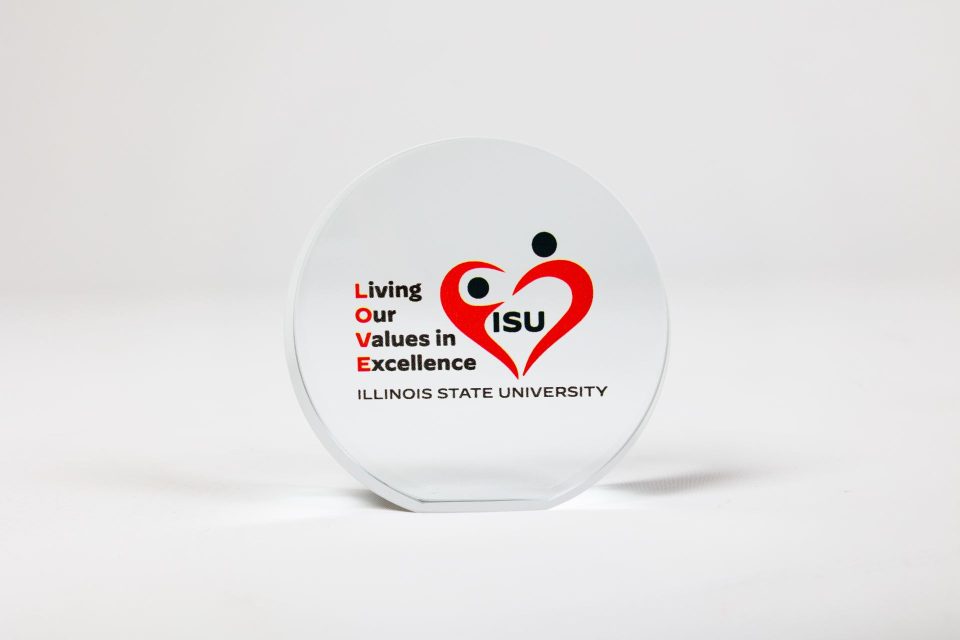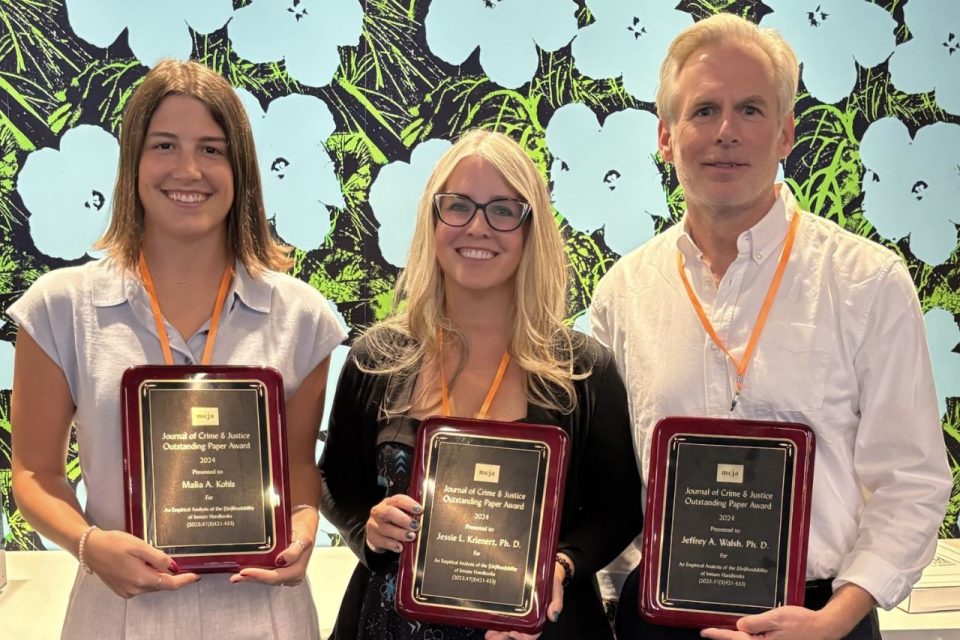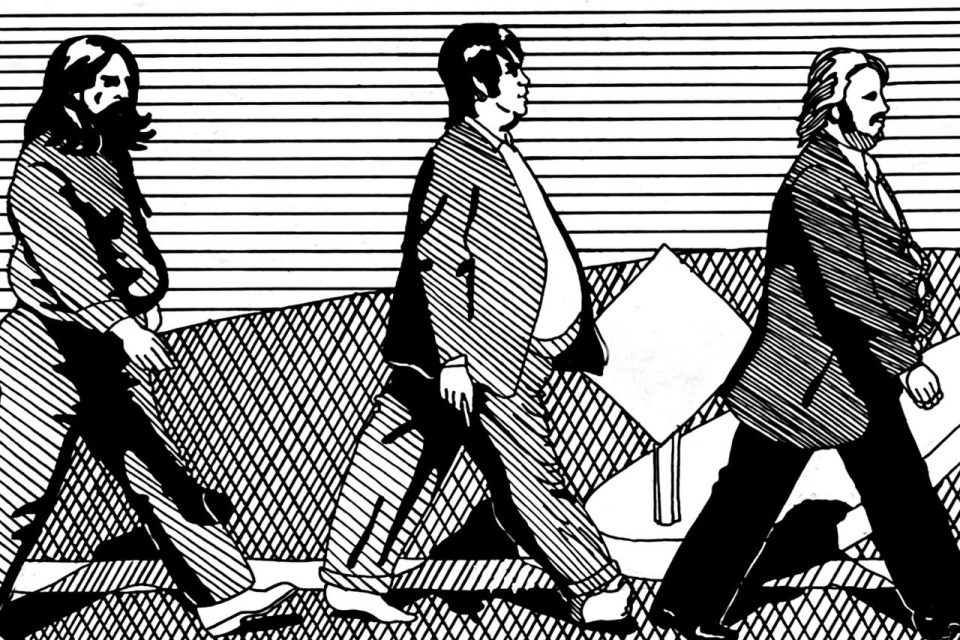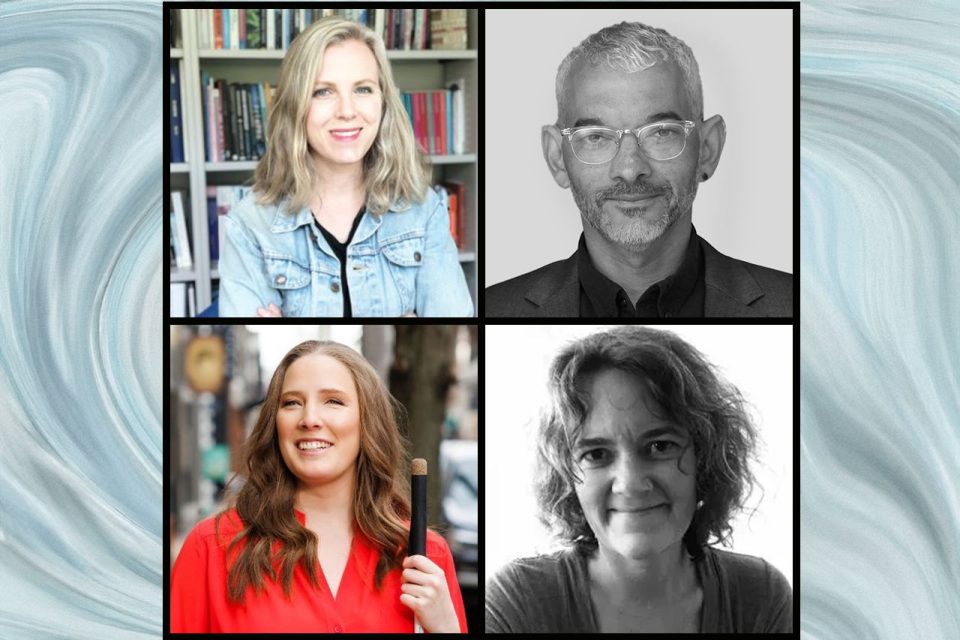Drs. Erin Quast and Grace Kang create lasting connections through school-university-community partnership with Champaign-Urbana schools
“From my perspective, the most valuable aspect of the cohort is the sense of community it builds,” according to Dr. Erin Quast, associate professor of elementary education. It is through this sense of community, that teacher candidates “develop their emerging practices, beliefs, and evolving mindsets.”
The Diversity and Equity Cohort, led by Quast and Dr. Grace Kang, associate professor of elementary education, immerses teacher candidates in Champaign-Urbana schools for a unique, full-day clinical experience.
This collaborative relationship began as the Civic Engagement Cohort from 2020-2023, but in 2023, Quast and Kang decided to transition towards a new focus. Instructors emphasize issues of diversity, equity, and anti-racism in their courses during the first course block for elementary education majors, which teacher candidates are then able to relate directly into the context of their clinicals.
The cohort meets in Champaign at the start of the semester to explore the community and understand its diverse racial, ethnic, linguistic, and socioeconomic demographics. Then, these 24-28 teacher candidates are placed in 12-14 elementary schools around Champaign-Urbana, which they visit two full days per week. Quast explained that these long-standing relationships “provide invaluable opportunities for cohort members to explore, reflect on, and develop their professional knowledge as future teachers in culturally diverse schools. The course work is intentionally designed to build on their clinical experiences, fostering richer, deeper, and more nuanced discussions about 21st-century teaching and learning.”
Alexis Calderon is a junior from Oak Lawn, studying elementary education with a reading endorsement. Calderon said: “My coordinating teacher is an amazing mentor and allows us to be hands on with students, which has taught me so much. I make connections with these students and see them as they grow.”
On a typical day at her clinical placement, Calderon helps students with math, writing, and reading, connects with other teacher candidates and the first-grade teaching team, and assists her cooperating teacher with classroom tasks after school. “This experience in Champaign has given me a deeper look into what a full day as an elementary teacher looks like, from the wake up, the commute, the preparation for lessons, closing activities, and all else,” she said.
Kang, whose research focuses on critical teacher education and culturally sustaining pedagogies, has showcased the implications and possibilities of collaborative partnerships like this. In 2021, she co-authored “For and with the Community: Forging a School-University-Community Partnership Focused on Civic Engagement” with a cooperating teacher, which was published in School University Partnership Journal. She also had an opportunity to co-plan and co-teach a fourth-grade writing workshop from a humanizing and critical perspective and is now analyzing and writing about the data from that research project.
“The cohort is both a product of my research and a way to further it,” Quast said. “I have the privilege of interacting with teacher candidates, cooperating teachers, and students to explore and imagine more joyful and equitable ways of teaching and learning.”
Taken together, the impact of school-university partnerships is far reaching and benefits teacher candidates, coordinating teachers, and the wider community. The synergy of the course work and clinical experiences empowers teacher candidates to understand the strengths and assets of their classrooms while also recognizing where their students need more support.
Kang explained that in previous semesters, students developed a Teachers as Change Agents Project, which resulted in “opportunities like creating calm down corners, diverse text sets around various social-emotional learning issues, writing centers, and clothing and shoe drives.”
Calderon summarized that the semester has deepened her love of teaching and strengthened her commitment to becoming a better educator. She advises teacher candidates in future cohorts “not to be scared but to be curious,” and offered this perspective: “The commute from ISU to Champaign-Urbana is an adjustment you will have to make, but it is worth it and so much more. You will be able to see an extreme amount of diversity throughout your school, and it opens your eyes to so many more amazing things in the world of education.”
Latest Publications
- Kristen Bernas honored as first LOVE Award recipient for exemplary collaborationKristen Bernas is the inaugural recipient of the Living Our Values in Excellence (LOVE) Award.
- Illinois State professors and alum honored with Outstanding Paper Award for groundbreaking study on inmate handbook readabilityDr. Jessie Krienert and Dr. Jeffrey Walsh from Illinois State University, along with alum Malia Kohls, won the 2025 Outstanding Paper Award from the Midwestern Criminal Justice Association.
- Make a lasting impact by mentoring a Redbird studentCareer Services invites you to join the Alumni Mentor Network, where your experience becomes a powerful tool for student success.
- Board of Trustees action items, October 17, 2025The Board of Trustees of Illinois State University approved several resolutions at its regular meeting on October 17, 2025.
- Queer Talks to explore Girth & Mirth clubs November 19Queer Coalition, Illinois State's sponsored LGBTQIA+ faculty, staff, and graduate student affinity group, invites the University community to attend a lunchtime presentation November 19 by Women's, Gender, and Sexuality Studies Program Interim Director Dr. Jason Whitesel on the history and visual representation of Girth & Mirth clubs from their advent in 1970s San Francisco through their last hurrah in the early 2000s. This event will take place from 11:30 a.m.-1 p.m. in 401 Stevenson Hall.
- Creatively critical tech virtual fall 2025 speaker seriesThis fall, the Creatively Critical Tech: Research + Practice + Design virtual speaker series will host four leading scholars whose work advances innovative and inclusive research, art, design, and practice with emerging technologies and media.













